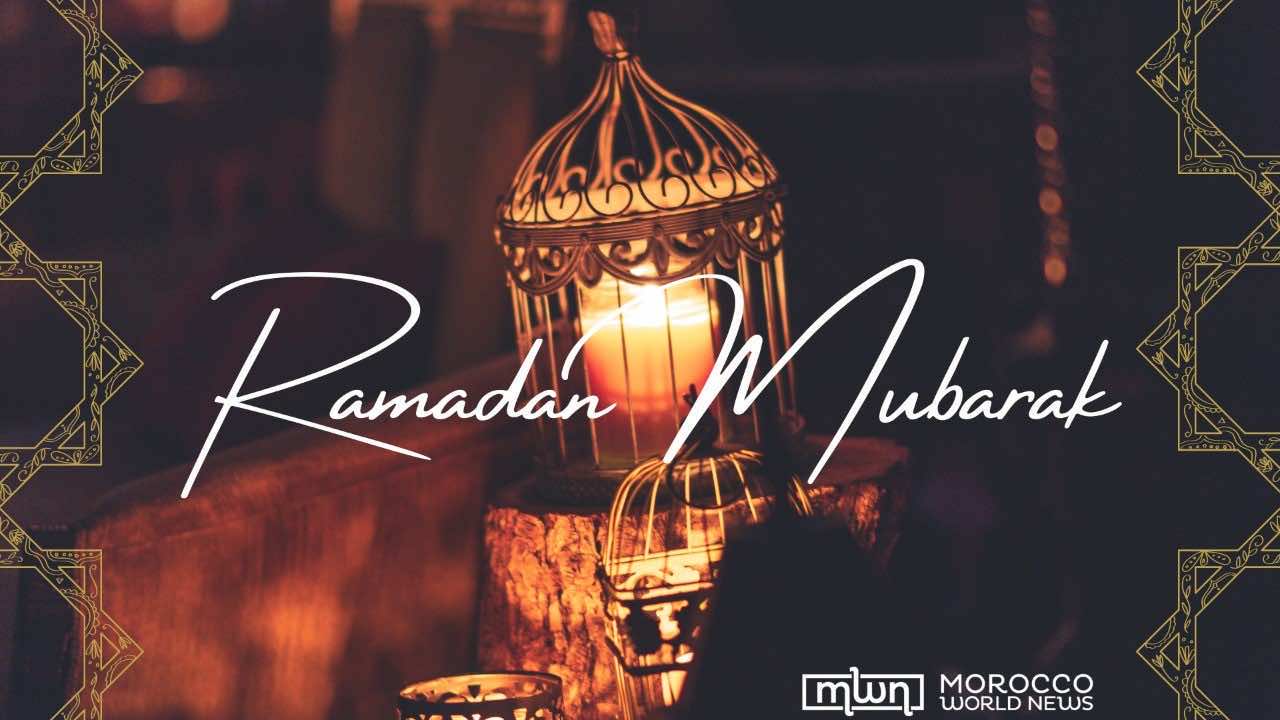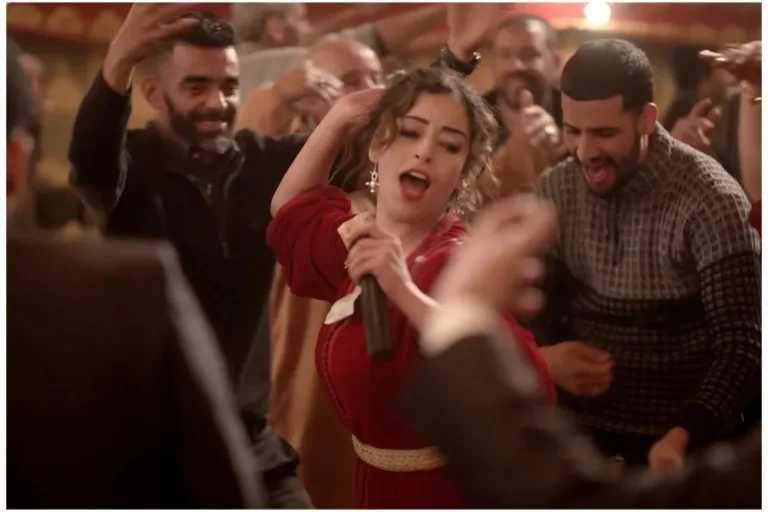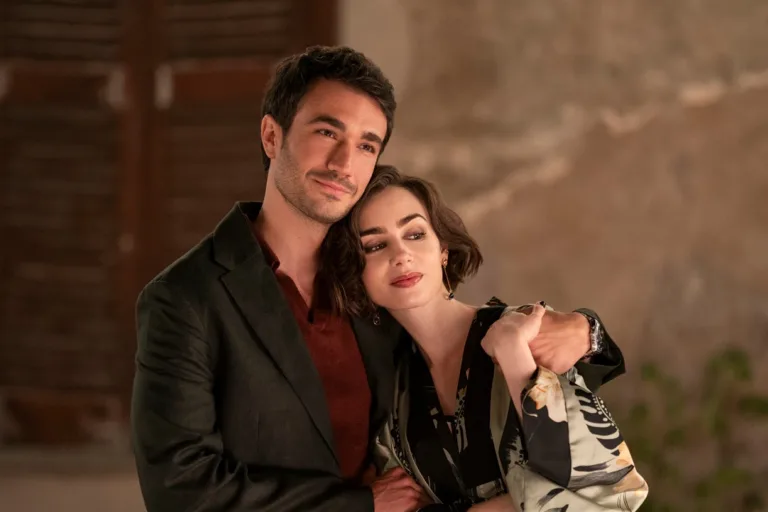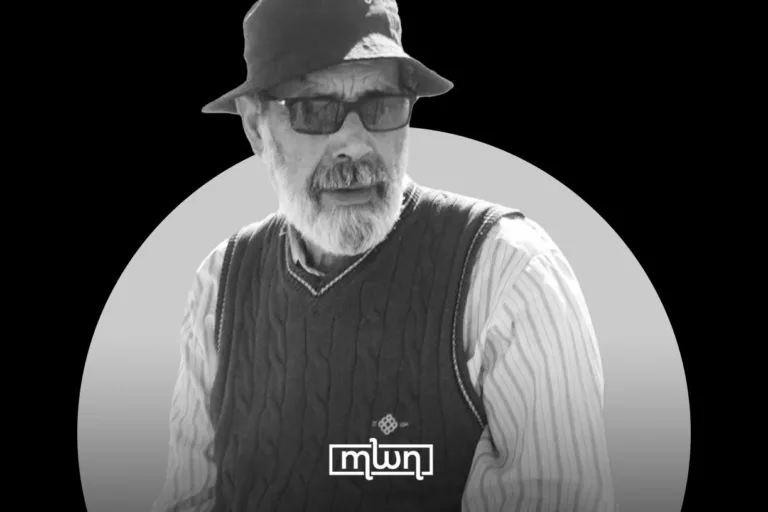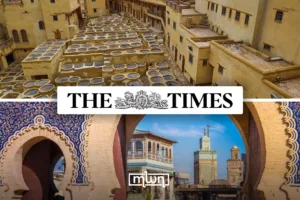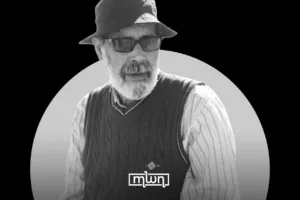Every country has a set of societal norms and religious practices that are culturally specific to it. To better comprehend certain cultural practices, it is essential to understand a culture on its own terms, without judging or comparing it with your own culture.
Being aware of unconscious biases and stereotypes, which may affect your view of particular cultures, can enhance your cultural tolerance.
To avoid experiencing culture shock when visiting Morocco in Ramadan, it is necessary to gain knowledge and awareness of Moroccan culture during this holy month.
Moroccan people consider Ramadan to be a sacred month unlike any other. Eating, sleeping, and praying routines change for 30 days and nights.
Eating, Drinking, and Smoking in Public is Offensive
Muslims fast from dawn to dusk during Ramadan. They abstain from food, beverages, smoking, and sexual activity. Breaking this sacred ritual may be regarded as offensive. It is recommended not to eat publicly during fasting hours.
For Moroccan Muslims, eating in public places during the daytime in Ramadan has severe consequences. According to Article 222 of the Moroccan Penal Code “Anyone who is known to have embraced the Islamic religion, and publicly breaks the fast during the day in Ramadan, in a public place, without a legitimate excuse, is penalized and punished by imprisonment from one to six months.’’
Article 222 excludes non-Muslim Moroccan minorities such as Jews and non-Muslim foreigners from the prohibition on eating publicly during the month of Ramadan.
However, Islam is the state religion in Morocco and fasting is one of its main pillars. To avoid any problems and not be offensive, it is recommended not to eat publicly during fasting hours. In other words, when in Rome, do as the Romans do!
The Majority of Local Restaurants, Coffee Shops Close During Fasting Hours
Some local restaurants and coffee shops located in small cities and villages close during the daytime and open until late in the evening to serve the iftar meal. However, there are restaurants and coffee shops that remain open and serve food during fasting hours for tourists, especially in big cities and popular tourist destinations. International food franchises such as McDonald’s, KFC, Pizza Hut, Domino’s Pizza, and Burger King also serve tourists during Ramadan.
Read Also: Tourists in Rabat: Where to Eat During Ramadan Fasting Hours
Closure of All Nightclubs and Liquor Stores
Nightclubs and bars close during Ramadan, and the serving and consumption of alcohol are legally banned.
Some Muslims have made it a habit to abstain from alcohol 40 days before the date of Ramadan. They believe that alcohol remains in the human body for forty days, and since alcohol breaks the fast, their body should be alcohol-free before Ramadan.
As Muslims’ prayers are not accepted for 40 days after they have consumed alcohol, some may abstain in order to reap the extra rewards of praying during Ramadan.
If you drink and are visiting Morocco during Ramadan, you will need to stock up on alcoholic beverages before the start of Ramadan.
Working Hours Change During the Holy Month of Ramadan
The working hours of public institutions change during the holy month of Ramadan, adopting a continuous working time usually from nine in the morning to three in the afternoon, Monday through Friday.
If you plan to visit any public institution, bear in mind that it closes earlier than usual.
Do not plan to go shopping around iftar time as most shops close and reopen after iftar.
It is Preferable to Avoid Wearing Revealing Clothes in Ramadan
Avoid wearing tight clothes, short skirts, clothes that have low necklines or are above the knees as they can be regarded as indecent, especially during the holy month.
Not Every Muslim Fasts During Ramadan
Do not be surprised if you see some Moroccans eating during Ramadan. It is permissible for people in several situations not to fast during Ramadan. People with chronic conditions, such as diabetes, should not fast. People who are temporarily ill and pregnant or nursing women may not fast if it is a hardship. As well, delicate elderly people are discouraged from fasting.
Muslims who are traveling during Ramadan may also choose not to fast.
Tramdina
The concept of “tramdina’’ refers to a problematic phenomenon in which some fasting people engage in verbal and physical violent acts during fasting hours.
Abdelkrim El Kanbaï El Idrissi, professor of sociology at the Faculty of Letters and Humanities Dhar El Mahraz in Fez, explains “tramdina” as the conflicts, anxiety, anger, and disputes that people have during fasting.
Reasons for these behaviors vary from addiction withdrawal to changed sleeping schedules and routines.
Read Also: To Fast and Be Furious: Moroccan Fighting Culture During Ramadan
Following Ramadan guidelines as a non-Muslim is a choice, not an obligation. However, it shows a high level of respect and tolerance for other people’s religious and spiritual practices.

